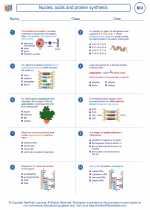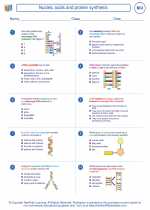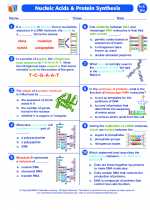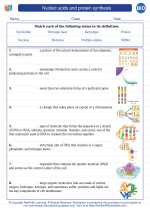Pyridoxine: An Essential Vitamin
Pyridoxine, also known as vitamin B6, is a water-soluble vitamin that plays a crucial role in various bodily functions. It is part of the vitamin B complex, which consists of eight different B vitamins that help the body convert food into energy, support the nervous system, and maintain healthy skin, liver, eyes, and hair.
Functions of Pyridoxine
Pyridoxine has several important functions in the body, including:
- Metabolism: Pyridoxine is involved in the metabolism of amino acids, carbohydrates, and lipids. It helps in breaking down these macronutrients and converting them into energy.
- Neurotransmitter synthesis: It plays a role in the synthesis of neurotransmitters such as serotonin, dopamine, and gamma-aminobutyric acid (GABA), which are important for mood regulation and cognitive function.
- Hemoglobin synthesis: Pyridoxine is essential for the production of hemoglobin, the protein in red blood cells that carries oxygen throughout the body.
- Immune function: It supports the immune system and helps in the production of immune cells.
Sources of Pyridoxine
Pyridoxine is found in a variety of foods, including:
- Poultry (such as chicken and turkey)
- Fish (such as tuna and salmon)
- Organ meats (such as liver and kidney)
- Whole grains
- Fortified cereals
- Legumes (such as chickpeas and lentils)
- Fruits (such as bananas and avocados)
- Vegetables (such as spinach and potatoes)
Deficiency and Toxicity
A deficiency of pyridoxine can lead to various health problems, including anemia, neurological symptoms, and a weakened immune response. However, it is relatively rare as pyridoxine is widely available in many foods.
On the other hand, excessive intake of pyridoxine from supplements can lead to nerve damage and numbness in the extremities. The recommended dietary allowance (RDA) for adults is 1.3-1.7 mg per day, and it is important not to exceed the upper limit of intake to avoid toxicity.
Study Guide
To effectively study pyridoxine, consider the following key points:
- Understand the functions of pyridoxine in the body, including its role in metabolism, neurotransmitter synthesis, hemoglobin production, and immune function.
- Identify food sources of pyridoxine and how dietary intake can fulfill the body's vitamin B6 requirements.
- Recognize the symptoms of pyridoxine deficiency and the potential health consequences.
- Learn about the potential risks of pyridoxine toxicity and the importance of adhering to recommended intake levels.
By mastering these concepts, you will gain a comprehensive understanding of the importance of pyridoxine in maintaining overall health and well-being.
.◂Biology Worksheets and Study Guides High School. Nucleic acids and protein synthesis

 Worksheet/Answer key
Worksheet/Answer key
 Worksheet/Answer key
Worksheet/Answer key
 Worksheet/Answer key
Worksheet/Answer key
 Vocabulary/Answer key
Vocabulary/Answer key
 Vocabulary/Answer key
Vocabulary/Answer key
 Vocabulary/Answer key
Vocabulary/Answer key
